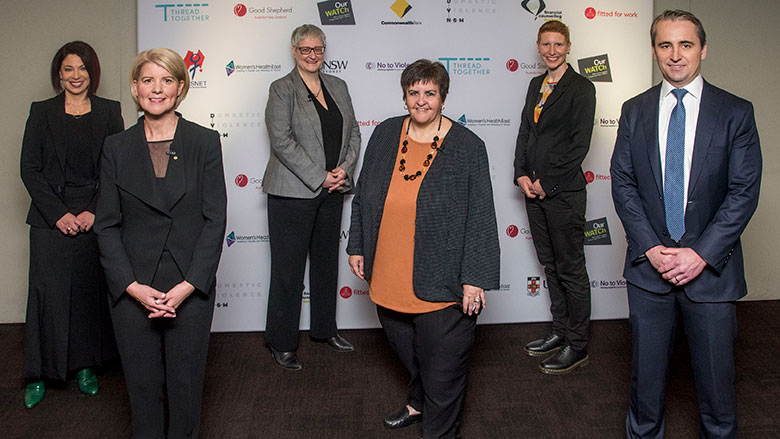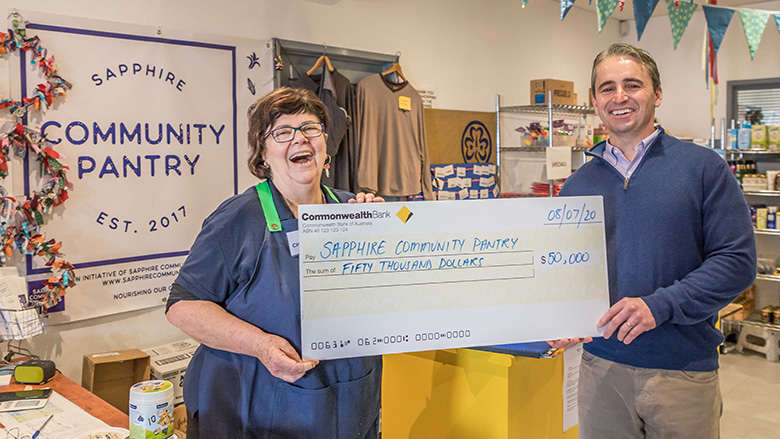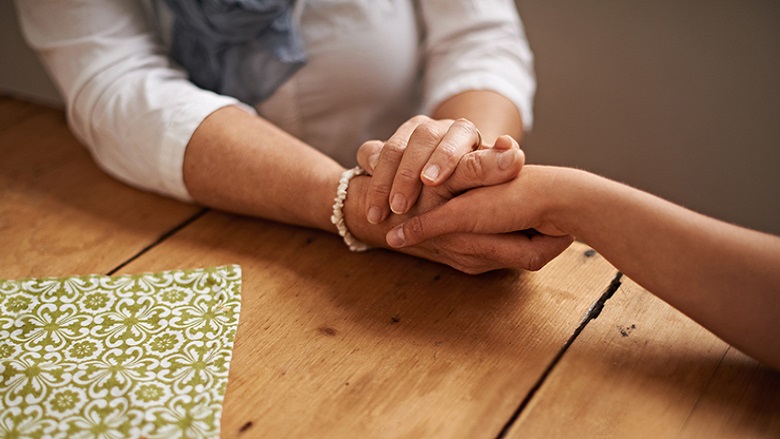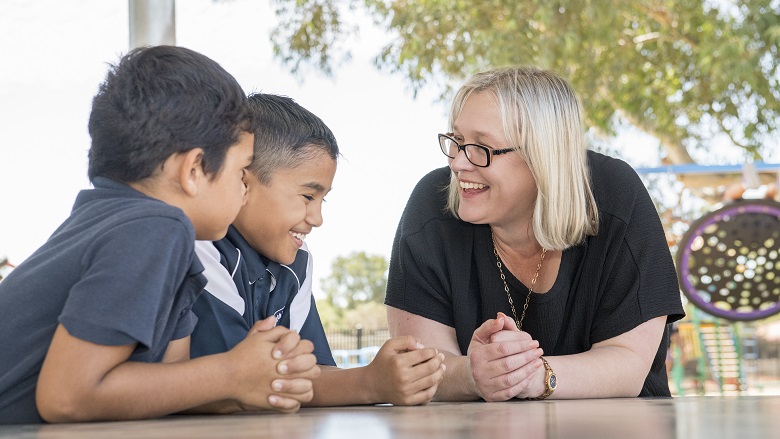Commonwealth Bank CEO, Matt Comyn, said: “Financial abuse is one of the most powerful ways to keep someone trapped in a domestic and family violence situation, causing victims and survivors serious financial stress both during the situation and for some time after they leave. It’s a hidden epidemic in our country, that has directly affected one in four Australian adults, and we want to change that.
“We have been helping people impacted by domestic and financial abuse for more than five years and today we are expanding that commitment with a new partnership with Good Shepherd, to offer those impacted free access to specialised financial coaching and solutions – no matter who they bank with.
“We are also launching an in-house Community Wellbeing team, to offer trauma-informed support to our customers experiencing financial abuse including direct financial assistance, safe banking and referrals to external domestic and family violence experts and counsellors. This dedicated team expects to support 125,000 customers in vulnerable circumstances over the next five years.
“These initiatives have been developed in close collaboration with our domestic and family violence sector partners and contributors to ensure we are developing solutions that provide the right support in the right way.
“We want to make it easier for victims and survivors to break free of the financial shackles of their abusers and to get the help they need to start the next chapter of their lives and achieve long-term financial independence,” said Mr Comyn.
Next Chapter solutions and support
Today, CBA is launching the first two Next Chapter initiatives - a new Financial Independence Hub, in partnership with Good Shepherd, a leader in financial inclusion products and services, and a specialist CBA Community Wellbeing team.
The Financial Independence Hub will offer a tailored financial coaching program by Good Shepherd to help people impacted by domestic and financial abuse establish a pathway to long-term financial recovery – regardless of who they bank with. The program provides specialist one-on-one financial coaching to help people impacted get back on their feet, with referrals to support services and, in some cases, access to solutions like interest-free loans.
Stella Avramopoulos, Good Shepherd Australia New Zealand CEO, said the Financial Independence Hub had been developed in close consultation with people with lived experience of financial abuse, and support from a reference group of sector leaders and academic experts.
“Good Shepherd has a long history of supporting those impacted by family violence. We know that financial abuse is widespread and that it can be devastating. Our front-line staff see the impact of financial abuse every day. We see people, primarily women, with bad credit histories or huge debt forced on them by abusive, controlling partners and often without access to their own money who don’t know how they will feed their kids. We know that financial inclusion and capability can be the key to changing a life.”
CBA has also launched a specialist Community Wellbeing team, who have developed trauma-informed approaches to provide support to customers experiencing vulnerability with guidance from Rape and Domestic Violence Services Australia, the national experts in trauma-specialist practice. The Community Wellbeing team provides confidential support to help customers with their immediate banking needs, including direct financial assistance, safe banking support and referrals to external experts as required.
Community Attitudes to Financial Abuse – key stats
- According to a new community attitudes survey of over 10,000 Australians about financial abuse, commissioned by CBA and conducted by YouGov (June 2020), almost 40 per cent of the adult population have experienced or know someone who has experienced financial abuse – with 26 per cent admitting that have experienced some form of financial abuse and 12 per cent stating they know someone who has experienced or is experiencing financial abuse.
- The research also showed the vast majority of Australians (four in five) agree that financial abuse is a widespread problem, with about the same amount (79 per cent) saying they could not recall unprompted any support available to people who are experiencing financial abuse and 63 per cent believing their bank should be doing something to address the issue.
- Of those who experienced financial abuse, the most common behaviours experienced include having a perpetrator who uses all their partners wages for household expenses, with the perpetrator spending their own money only on themselves (61 per cent), hiding assets (56 per cent), taking complete control of their partner’s finances (55 per cent) and refusing to contribute financially to their household (55 per cent).
- Nearly one in ten (9 per cent) Australians, the equivalent of almost 1.8 million people, admit to having been a perpetrator of financial abuse.
- In comparison to physical and verbal abuse, which are well documented and commonly known forms of violence, the survey identified a severe lack of understanding of financial abuse, including significant barriers to seeking support. With the overwhelming majority (93 per cent) believing there are barriers in seeking support, and of those who have experienced financial abuse, sadly only half (54 per cent) have sought help.
Since 2015, CBA has been working with community organisations and experts to address this issue and better understand what more we can do to help, and where we can have the greatest impact. Over this time, we’ve committed $30 million to this issue, which has enabled us to understand the size of the problem.
Commonwealth Bank will continue to work with experts in this field, to develop independent research, to fill gaps in our knowledge of financial abuse, raise awareness of the issue, and develop effective responses and support.
If you or someone you know is experiencing domestic or family violence, call 1800RESPECT (1800 737 732) or visit www.1800RESPECT.org.au.
For counselling, advice and support call Men’s Referral Service on 1300 766 491 or ntv.org.au/get-help/
In an emergency or if you’re not feeling safe, always call 000.




